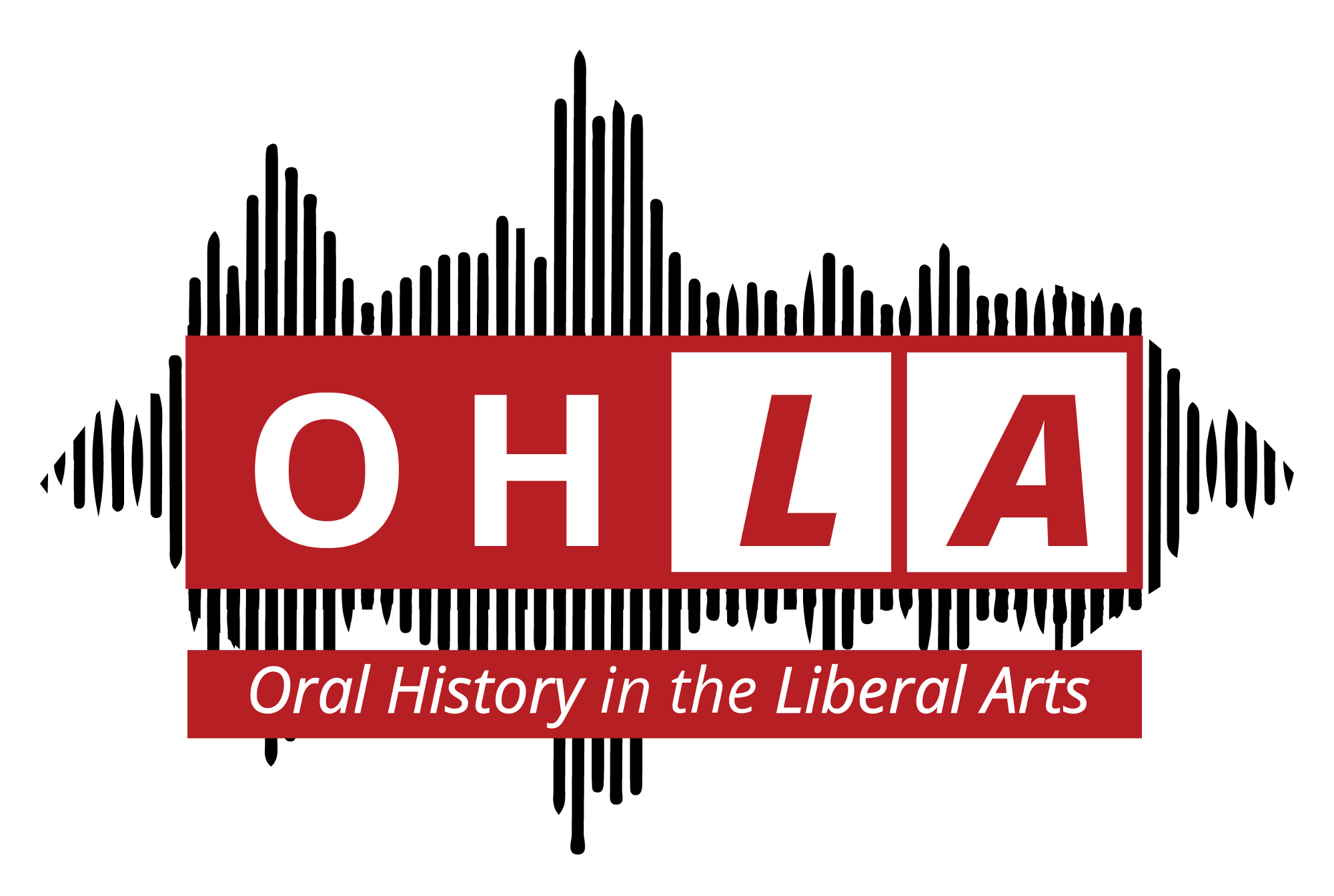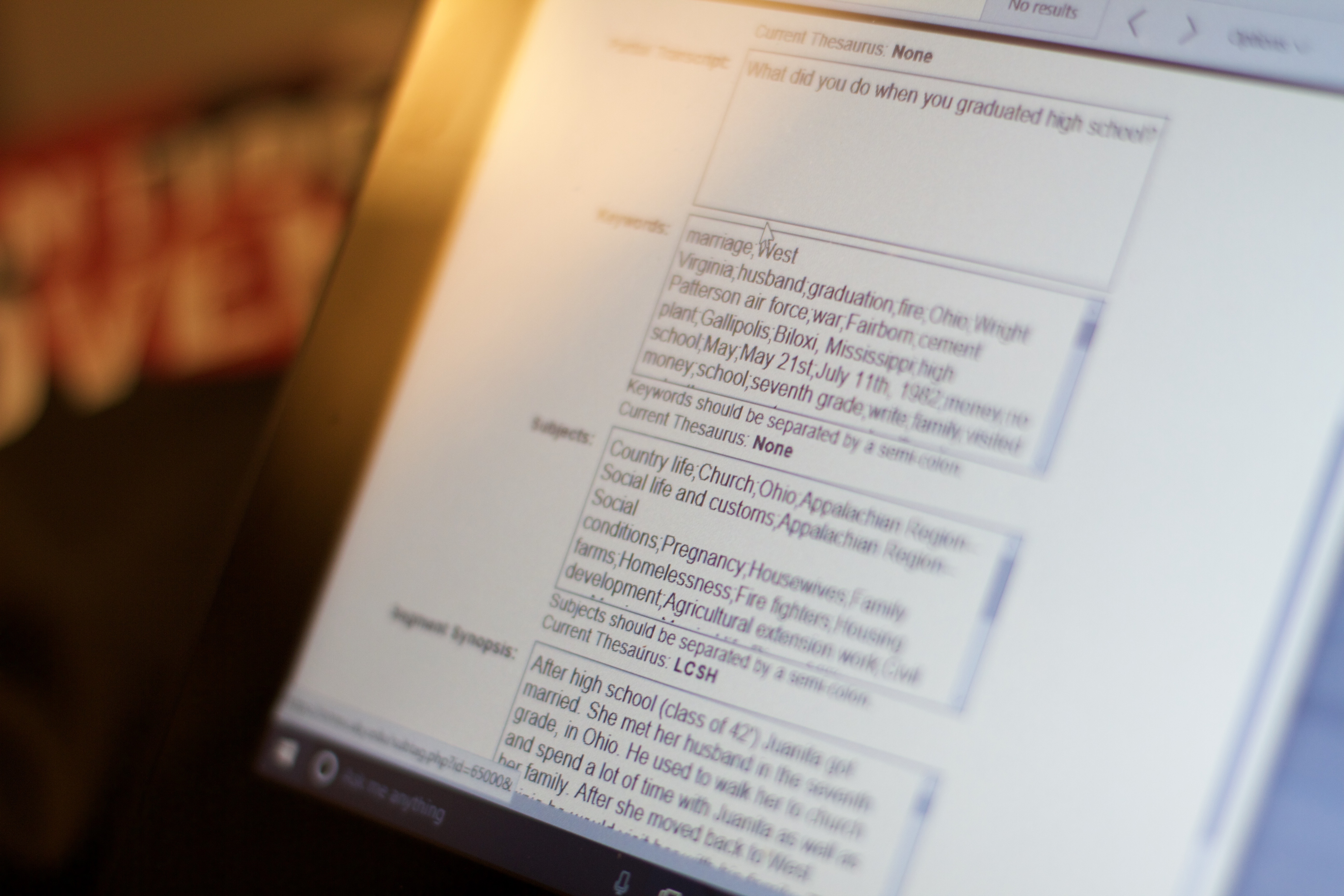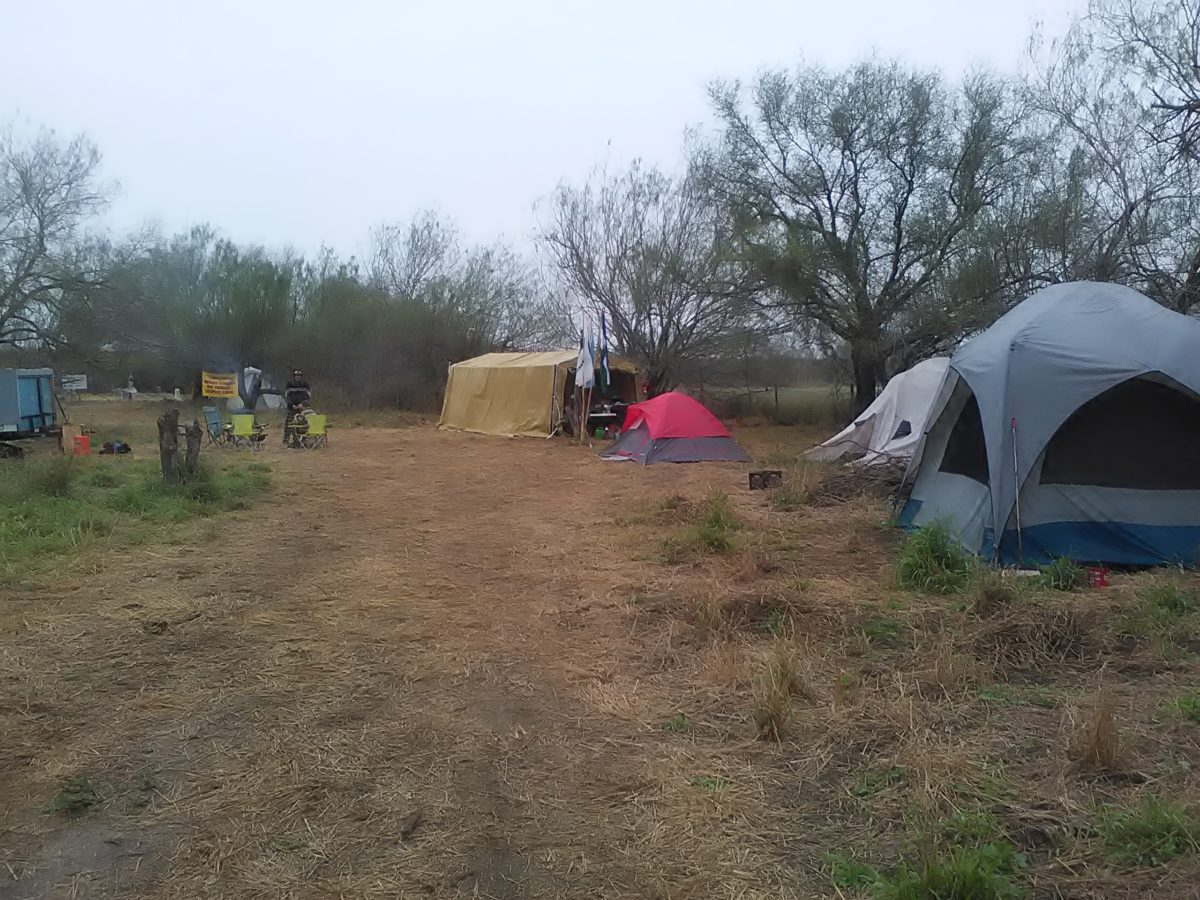I’d like to think I’m a quick learner, but I’d also like to think the world is nice and full of rainbows and sunshine and dancing and singing. Unfortunately, sometimes these things turn out to be untrue. As I have been moving through my time here as a Digital Archives Coordinator I’ve seemed to hit a wall, or multiple walls actually. While indexing an interview in the Oral History Metadata Synchronizer (OHMS) I found I had a difficult time adding subject headings as I attempted to move the index from a level one or two up to an honorary level three index. First, I had no clue what key words to type for subjects to auto populate from the LCSH (Library of Congress Subject Headings) controlled thesaurus in the OHMS’ subject field. Second, I had no idea what the LCSH List was comprised of or had to offer. Third, even if I had a giant list of terms, how could I efficiently navigate it?
So here I am sitting at my make-shift desk using my favorite tool. Google. My supervisor Brooke Bryan enthusiastically suggested we should print it out “even if it’s 500 pages!” since it would definitely be a great tool to have digitally as well as in a binder at the desk. After looking up the subject headings list, I found that printing may be somewhat impractical since the files were separated in alphabetical order letter by letter, and section ‘A’ alone was 537 pages with three columns of subject headings per page. I am no math wiz but, 500 (plus) pages multiplied by 27 would be well over what Brooke and I were prepared to print. 8,061 pages (front side only) to be exact (again not a math wiz but I was curious), and of course half that if we did double sided printing.
So, I began to think of different ways to navigate this database electronically. My first thought was to “CTRL+F” and search for the term I was looking for. This worked amazingly for the word “quilt” in the ‘Q’ section by taking me to the first sign of the word quilt, and then highlighting every result under ‘Quilt’ for me. This worked pretty efficiently in helping me find a page with applicable terms.
I also found that scrolling through pages featuring words beginning with the same letter to be useful (since it is alphabetical), but this strategy proved rather time-consuming in a longer section like the ‘A’ section.
My last strategy was to take an educated guess on what page the particular word might be. For example, if I was looking for the word ‘quilt’ in the ‘Q’ section (which is only 35 pages long) then I would guess it would be on page 25 so I would type in page ‘25’ in a box that pdf files usually have towards the upper left (I use a PC) and be directed towards that page. Based on the words that are on page 25 I would make another guess, and repeat this process until finding the correct page, or eventually switching over to my second method of scrolling. While this strategy is definitely time consuming, it also proved to be fun (for me at the very least).
So as you explore oral history and indexing in OHMS as I am, feel free to use our experiences and tools as help to guide you in the right direction. Subject headings were difficult for me, and I hope these suggestions prove helpful in some way to others using the LoC’s controlled thesaurus for the first time!
Side Note: There are shorter thesauri published by the LCSH but they are divided differently. For example: “Library of Congress Medium of Performance Thesaurus for Music (LCMPT)” or “Ethnographic Thesaurus (AFSET).” These can be found under “Thesauri & Controlled Vocabularies” on the Library of Congress Website. (loc.gov)








